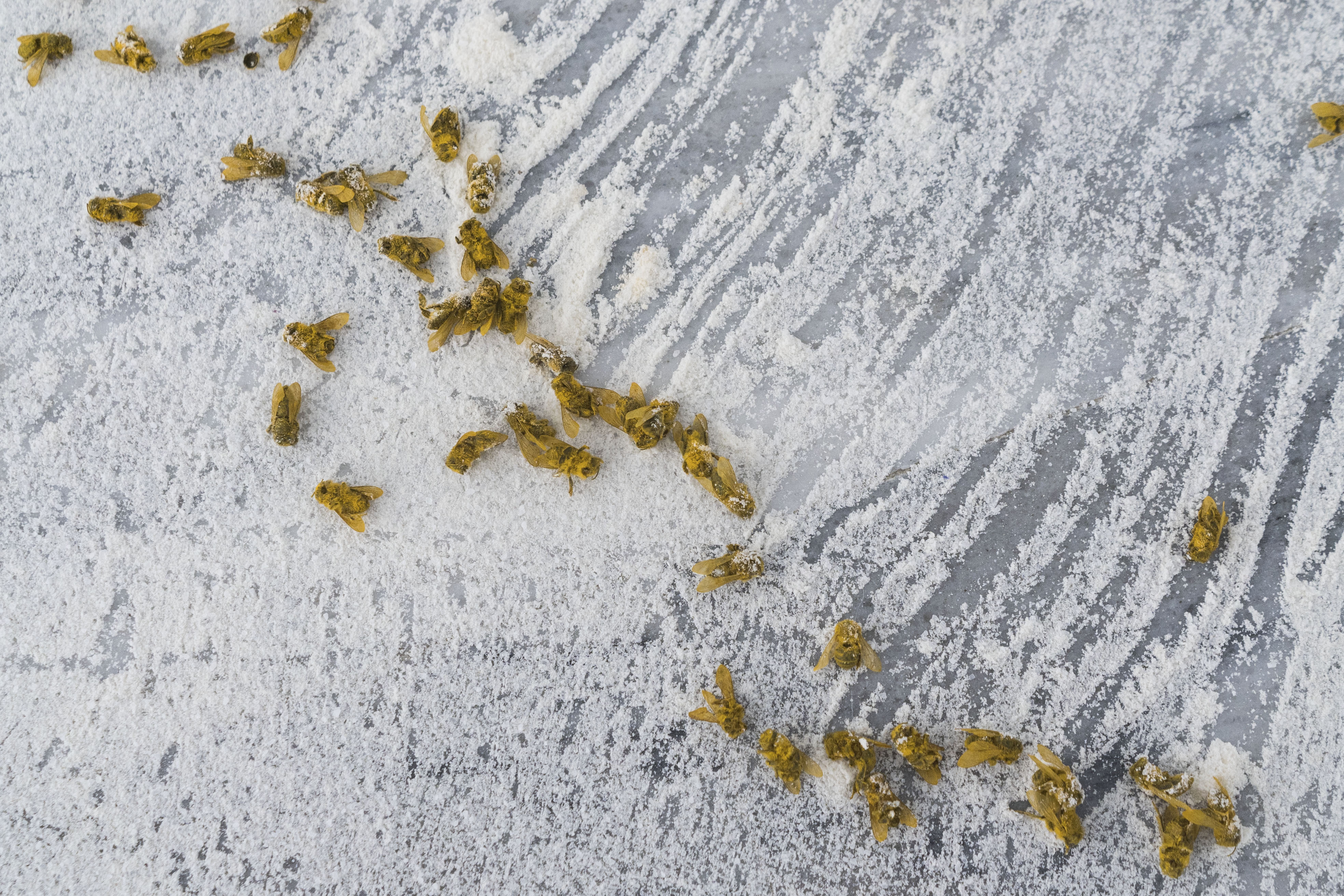Jason Dodge



During the last three weeks of The Broad Church of Night, his Fall 2018 show at the Neubauer Collegium (University of Chicago), Jason Dodge replaced the exhibition with a poem by Ishion Hutchinson. This is not the first time that physical absence becomes another kind of presence in his work. It is this particular absence that creates a space for something felt but invisible or unspoken. In his own words, ‘’narrative is a distraction,’’ and Jason is mastering another use of language. He includes people he does not know in his circle of trust – a trust that derives not only from the conviction that a person who is fully present can unravel the untold stories rather than keep reading the written ones, but also from the acceptance that each life changes the substance of his open work. The same trust and freedom is shared with the reader of his publications, an extension of his practice, both as an artist but also as the publisher of fivehundrendplaces. The title of his imprint indicates the specific place-making power of poetic language. He sees poems as things created in the space of the page, and artworks as a visual language that can change the understanding of a space into a place.
Each work invokes oddly familiar sensations and, most importantly, makes some room to process these feelings. By unlocking the poetic part of mundane objects Jason gives voice to personal symbols, leaning towards how, rather than what, things mean. A friend of many, a different kind of poet himself, a bee, as in Dorothea Lasky’s essay for As soon as the invented language enters us something else will vibrate in our skin[1] published on the occasion of Dodge’s exhibition with the same name.
Metamorphosing poets to bees and poems to their work, Lasky writes: ‘’The bee holds the magic- honey- that makes the voice of the poet. That can make an I speak. And for this reason, the I in poems not only becomes the powerful bee, it respects the work ethic of the bee and in many cases tries to emulate it. The I becomes humble at the magic of the bee and then takes this magic into their poems.’’
[1] The essay The Bees was initially published by Wave Books in Animal by Dorothea Lasky.
return to This may or may not be a true story or a lesson in resistance